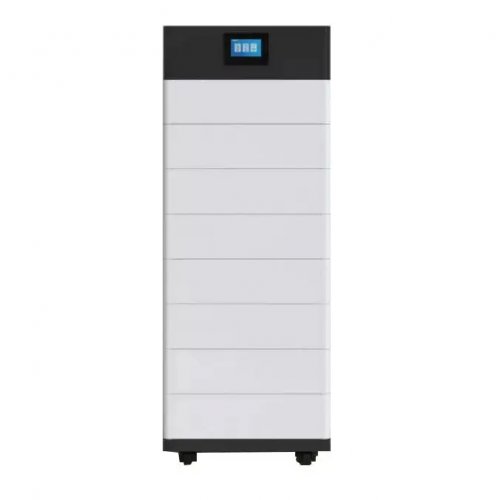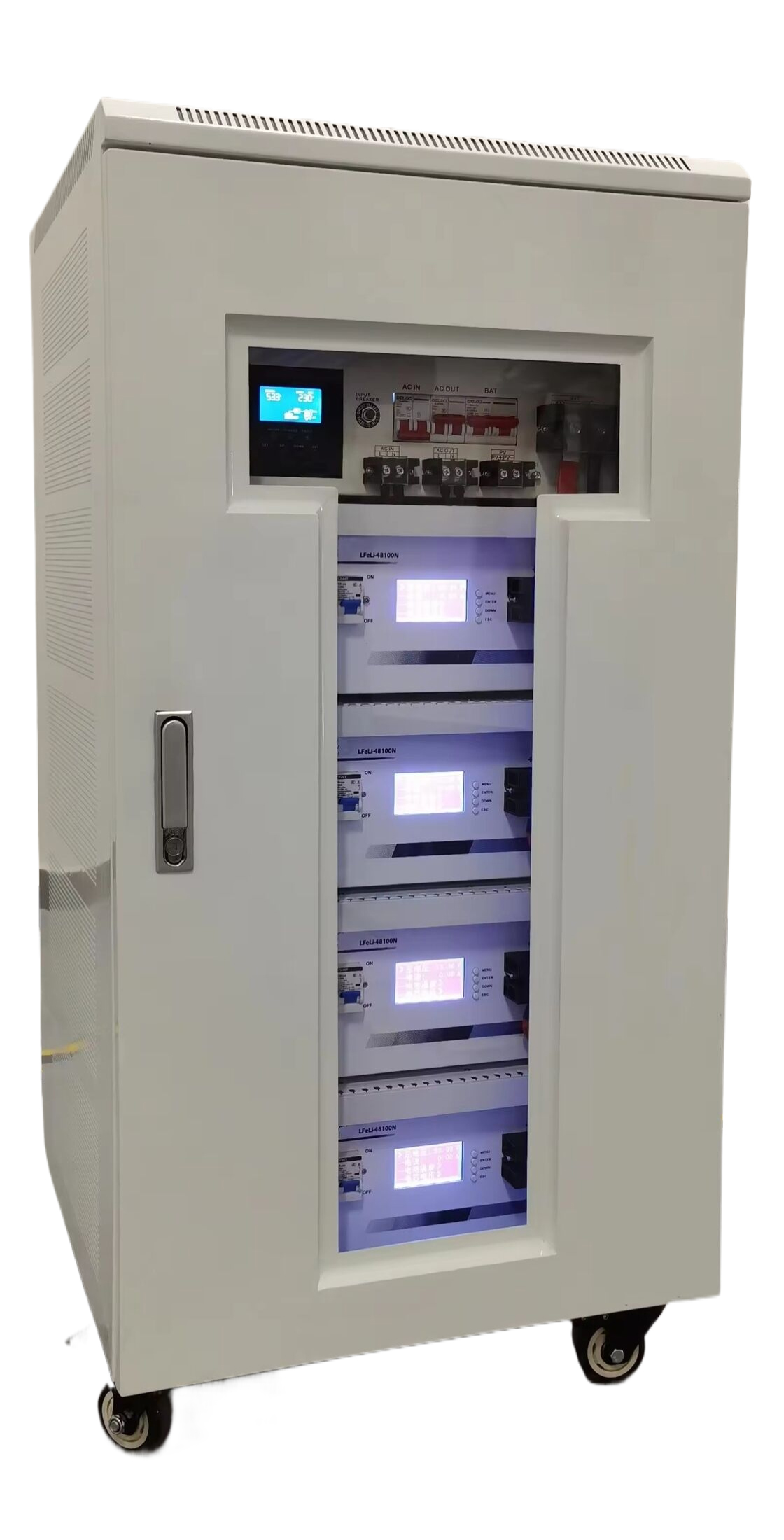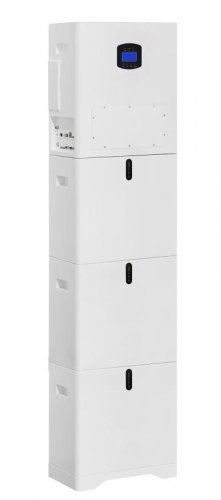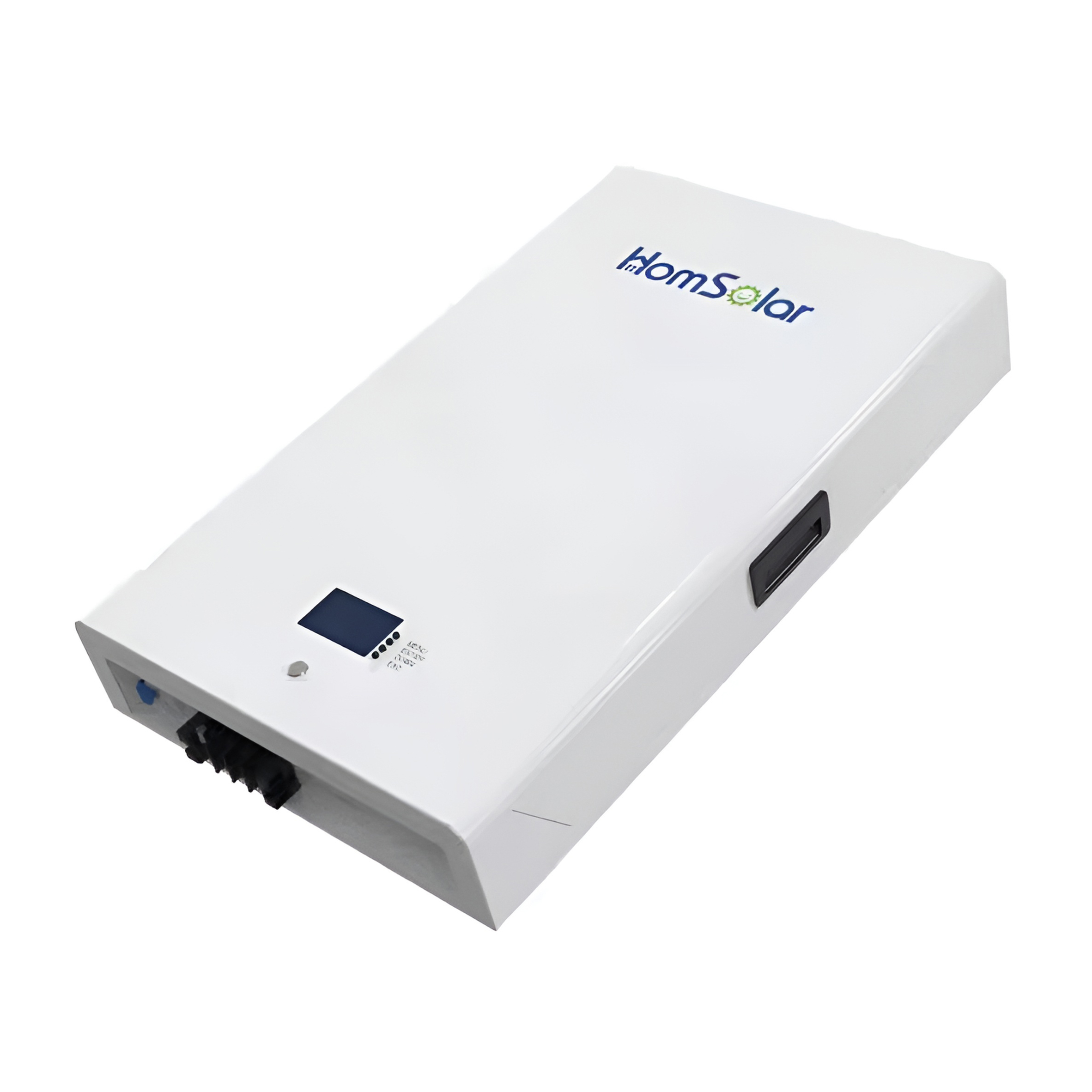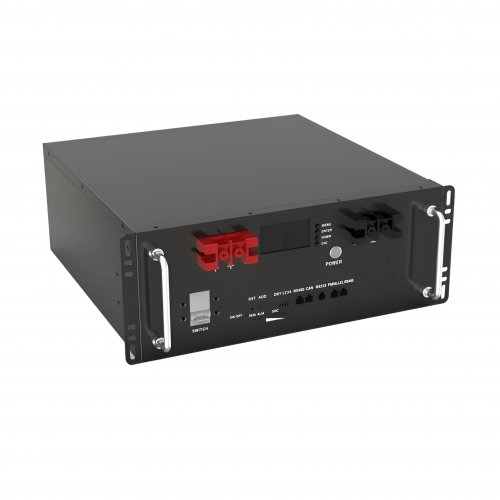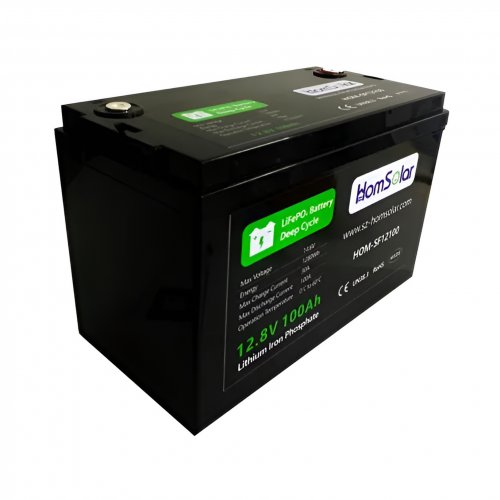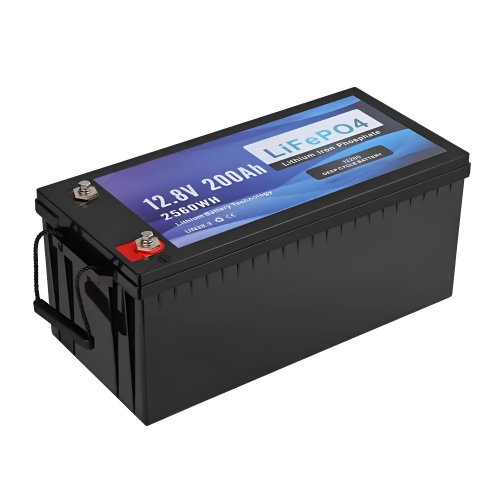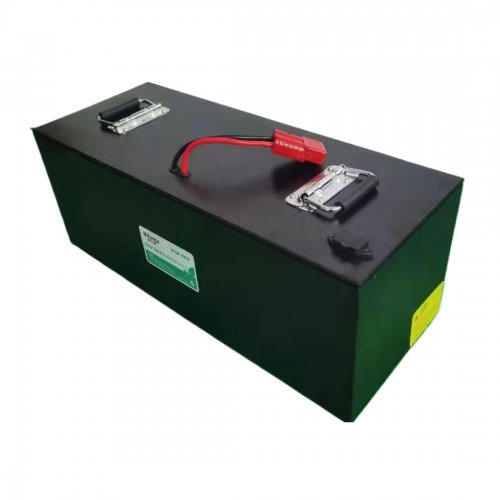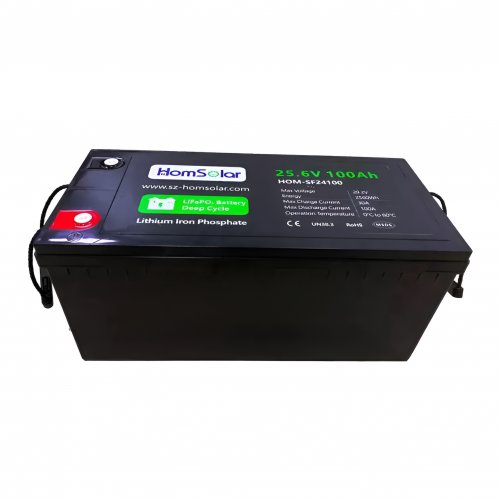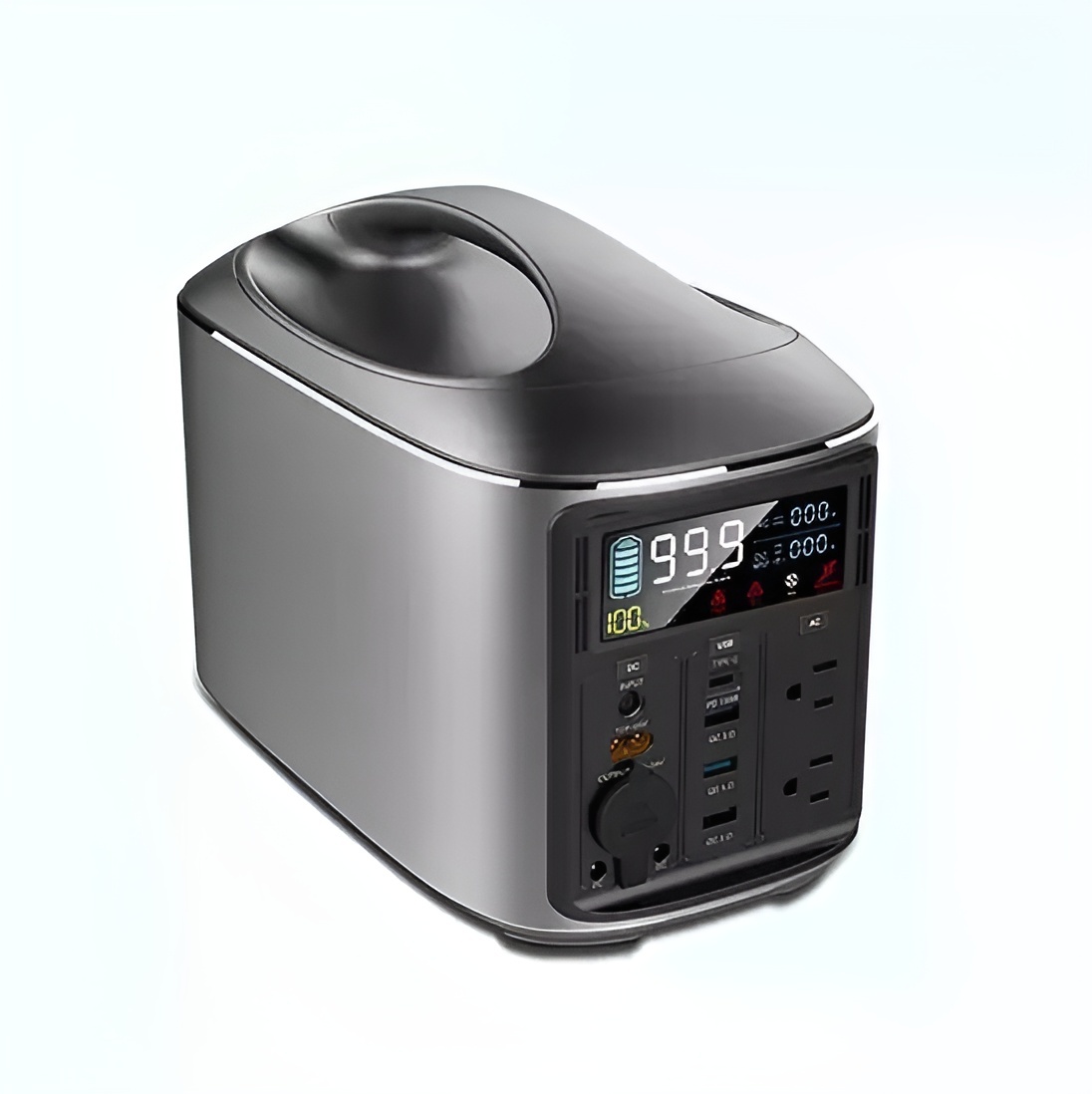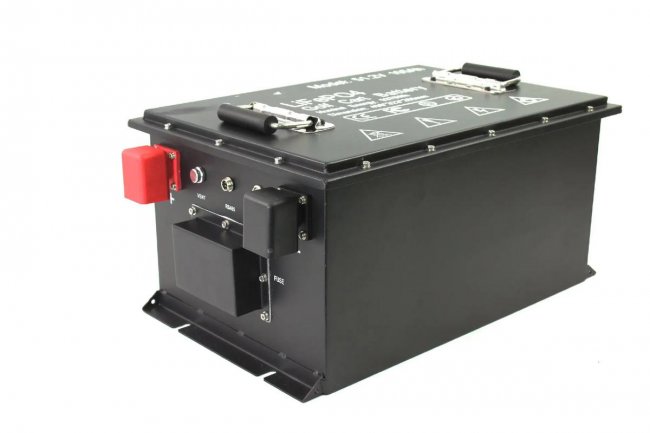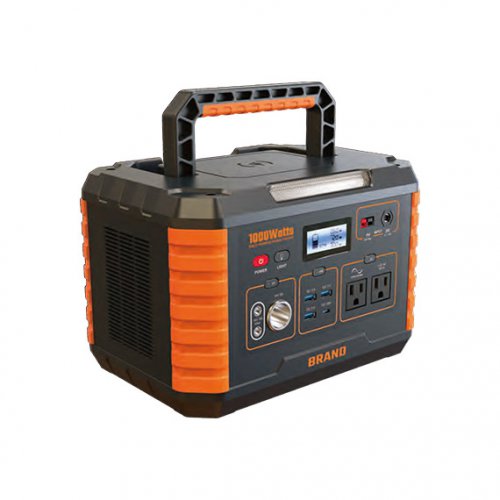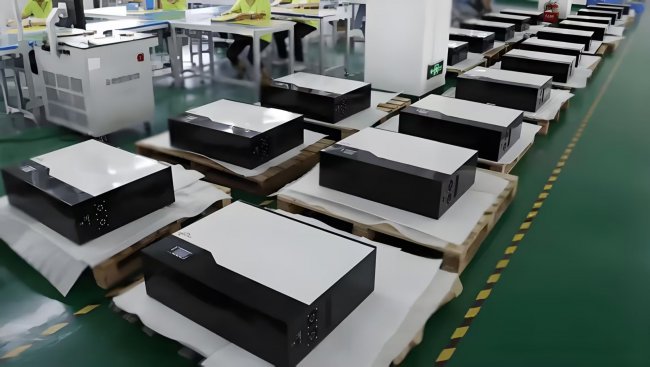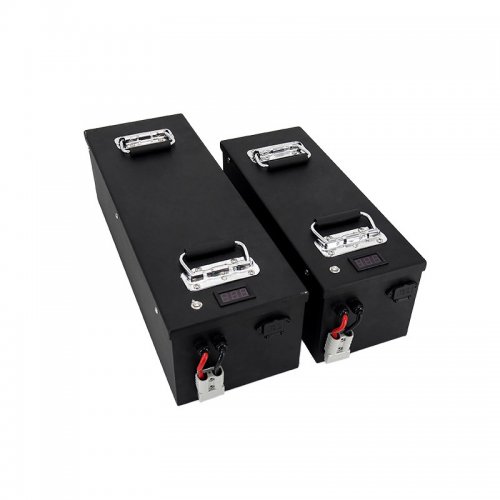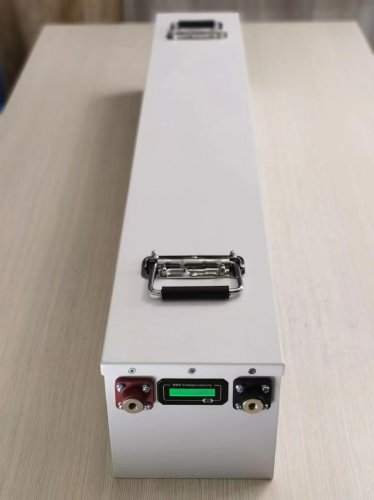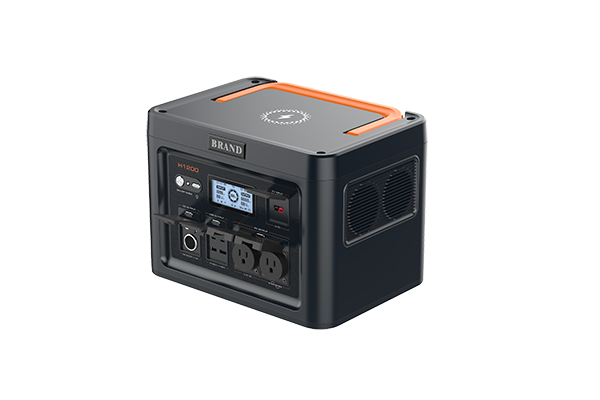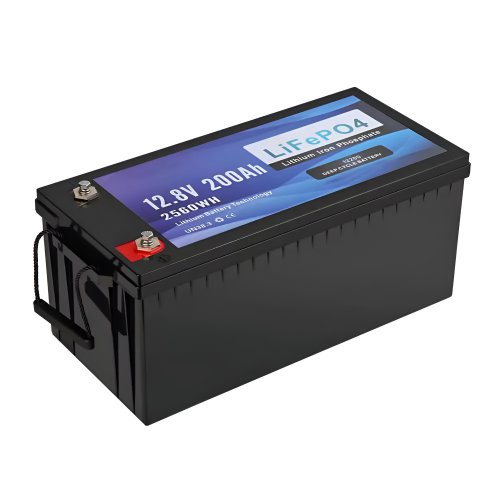Battery Safety News: Emerging Technologies And Regulatory Shifts Reshape Industry Standards
The global push toward electrification has placed battery safety at the forefront of technological and regulatory discussions. With the rapid adoption of electric vehicles (EVs), energy storage systems, and portable electronics, stakeholders across industries are grappling with the dual challenges of enhancing performance while mitigating safety risks. Recent incidents involving thermal runaway, manufacturing defects, and improper disposal have underscored the urgency of addressing these concerns.
In 2024, several key advancements and incidents have shaped the battery safety landscape:1. Solid-State Batteries Gain Traction Toyota and QuantumScape have made significant strides in solid-state battery development, promising improved thermal stability and energy density. Unlike conventional lithium-ion batteries, solid-state designs eliminate flammable liquid electrolytes, reducing fire risks. Industry analysts predict commercial deployment by 2026, though scalability and cost remain hurdles.
2. New Regulatory Frameworks The U.S. National Highway Traffic Safety Administration (NHTSA) and the European Union’s Battery Regulation have introduced stricter safety protocols for EV batteries, including mandatory thermal propagation testing and end-of-life recycling requirements. China’s MIIT also unveiled guidelines for battery manufacturers, emphasizing real-time monitoring systems to prevent overheating.
3. Recalls and Incident Investigations GM’s recall of 140,000 Bolt EVs due to faulty LG Chem battery modules and a recent fire at a Tesla Megapack storage facility in Australia have reignited debates over quality control. Experts stress the need for standardized failure analysis protocols to prevent recurring issues.
1. AI-Powered Predictive Maintenance Companies like Siemens and Tesla are integrating AI-driven diagnostics to detect early signs of battery degradation. Machine learning algorithms analyze voltage fluctuations and temperature patterns, enabling preemptive interventions before failures occur.2. Recycling and Second-Life Applications As battery waste grows, startups like Redwood Materials and Li-Cycle are pioneering closed-loop recycling processes to recover critical materials. Meanwhile, repurposing retired EV batteries for grid storage is gaining momentum, though safety assessments for aged cells remain a challenge.
3. Material Innovations Research into non-flammable electrolytes (e.g., ceramic-coated separators) and silicon-anode designs aims to reduce combustion risks. Stanford University’s recent study on self-extinguishing batteries has drawn attention from major manufacturers.
Dr. Elena Rodriguez, a battery safety researcher at MIT, highlights the importance of interdisciplinary collaboration:"The next wave of solutions will require synergy between material scientists, engineers, and policymakers. Real-world deployment must balance innovation with rigorous testing."John Keller, CEO of a leading EV battery supplier, cautions against complacency:"While technology evolves, human factors—like improper charging practices—still account for 30% of incidents. Public education is as critical as hardware improvements." The battery industry stands at a crossroads, where safety innovations must keep pace with surging demand. Stakeholders are urged to prioritize transparency, invest in R&D, and adopt unified safety standards. As Dr. Rodriguez notes,"The goal isn’t just to prevent disasters but to build trust in the technologies powering our future."With regulatory pressures mounting and technological breakthroughs accelerating, 2024 may prove pivotal in redefining battery safety paradigms. The industry’s ability to address these challenges will determine its role in the global energy transition.Customized/OEM/ODM Service
HomSolar Supports Lifepo4 battery pack customization/OEM/ODM service, welcome to contact us and tell us your needs.


HomSolar: Your One-stop LiFePO4 Battery Pack & ESS Solution Manufacturer
Our line of LiFePO4 (LFP) batteries offer a solution to demanding applications that require a lighter weight, longer life, and higher capacity battery. Features include advanced battery management systems (BMS), Bluetooth® communication and active intelligent monitoring.

Customised Lithium Iron Phosphate Battery Casing
ABS plastic housing, aluminium housing, stainless steel housing and iron housing are available, and can also be designed and customised according to your needs.

HomSolar Smart BMS
Intelligent Battery Management System for HomSolar Energy Storage System. Bluetooth, temperature sensor, LCD display, CAN interface, UART interface also available.


Terminals & Plugs Can Be Customized
A wide range of terminals and plugs can be customised to suit the application needs of your battery products.

Well-designed Solutions for Energy Storage Systems
We will design the perfect energy storage system solution according to your needs, so that you can easily solve the specific industry applications of battery products.



About Our Battery Cells
Our energy storage system products use brand new grade A LiFePO4 cells with a battery lifespan of more than 4,000 charge/discharge cycles.



Applications in Different Industries
We supply customized & OEM battery pack, assemble cells with wiring, fuse and plastic cover, all the cell wires connected to PCB plug or built BMS.
Applications: E-bike, Electric Scooter, Golf Carts, RV, Electric Wheelchair, Electric Tools, Robot Cleaner, Robot Sweeper, Solar Energy Storage System, Emergency Light, Solar Power Light, Medical Equipment, UPS Backup Power Supply.
We can provide you with customized services. We have the ability to provide a vertical supply chain, from single cells to pack/module and to a complete power solution with BMS, etc.


HomSolar (Shenzhen) Technology Co., Ltd








